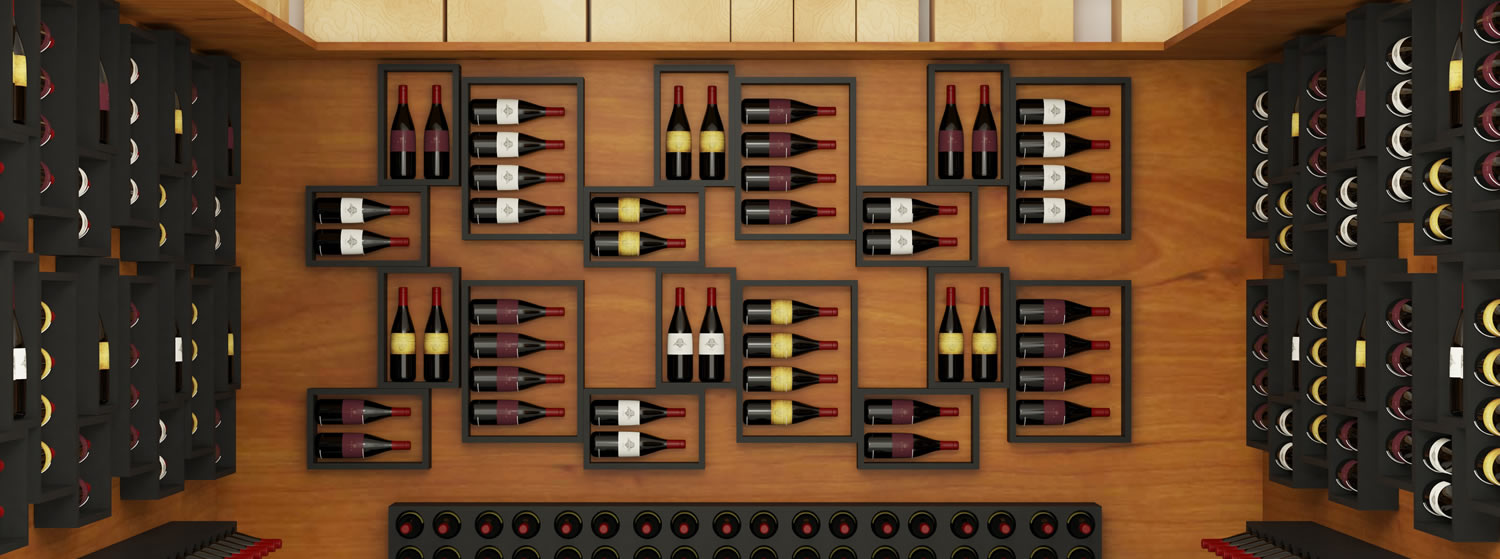“I have never met a miserly wine lover”
– Charles Fadiman
What could be simpler than giving away money? For those who have tried it, lots of things! Giving away money can be work. And excelling at it requires effort.
Writing checks is easy, but doing philanthropy well requires coordinating many of the same tasks as does running a successful business. The main difference is that in the non-profit world, tracking progress and measuring results is trickier. And taste and personal preference are mixed with objective measures. As a result, just as entrepreneurs bring in seasoned experts when a business achieves a certain size or complexity, great philanthropists eventually bring in professionals, too. But while engaging a philanthropy advisor is a bit like hiring an accountant or investment advisor for your business, it is also a bit different. It’s more like the services of a… sommelier.
“What?” you say, “a sommelier? how so?”
I assume most of you have dined a time or two in a restaurant which offers the services of a sommelier. As a reminder, a sommelier is a trained professional who helps you order your wine, coming to your table after your food has been chosen and pairing your tastes and those of your party with the foods you’ll eat and the wines in the restaurant’s cellar.
So how does picking wine relate to philanthropy? In at least five ways:
First, while they sometimes seem to forget, sommeliers are there to advise you, not to tell you what to do. At the end of the day, it is you who should make the final decision. Beware of a sommelier who insists you order what he (or she) is recommending, or is too pushy in general. The same is true of foundation staff and philanthropy advisors.
Second, unless you have dedicated your life to the study of wine, a good sommelier will likely have more knowledge than you about what works and what doesn’t. And even if you have studied wine, he probably has more experience. Choosing and pairing wine is his job, after all. But as you also know, there is little satisfaction in conversing with a sommelier when you know nothing of the various varieties on offer, much less the specific wine list he’s describing.
The best wine-selecting experiences occur when you bring something to the table, especially curiosity and interest, and you are willing to listen. A good sommelier will draw information from you about past likes and dislikes, goals and dreams, and also things you don’t like in both food and wine. He will then craft such information into a recommendation that leaves you feeling that the bottle you are savoring is what you would have chosen on your own, had you taken the time. But of course you didn’t have to take the time to do all the study and preparation! A philanthropy advisor should work in the same way.
Third, a good sommelier will prevent you from making critical mistakes. While he may be there primarily to help you choose from among a great list of wines, there will probably be a wide range of suitable bottles in any good restaurant’s cellar. There are probably a few clear losers, too. A little knowledge can be dangerous in wine as well as in philanthropy, and the sommelier is there to protect you from embarrassment in front of your friends, and the ruin of a great occasion – either by overpaying for a mediocre bottle, or choosing something that is completely inappropriate, or even passing along a glass when the wine is down and out rotten. The sommelier is there to help you avoid bad decisions. The same in philanthropy. A good advisor can sniff out problems and help you avoid them before you write a big check.
Fourth, even if you are knowledgeable about wine, your sommelier may be able to recommend a hidden gem. Often, in wine as in philanthropy, a few trendy names garner all the attention. But the real excitement may be with a small startup, or a part of the charity’s program that is less favored by its own leadership but is exactly right for your passions and interests.
Fifth, while going to the occasional wine tasting is a joy, to perform at the highest level requires attention day-in, day-out, even when it’s long past being fun. Your job is to taste a few recommendations, impress your friends with your acuity, and then sit back and enjoy. You don’t want to spend your days, nights, and weekends sipping mediocre samples and spitting them into a barrel. For that thankless work, you can rely upon a professional, in both wine and philanthropy.
Finally, the comparison between a sommelier and a philanthropic advisor may be best seen in the origin of the word, itself. Originally, the role of the “sommelier” was not just the final selection of wine for a meal. Rather, he was the person in charge of the pack mules full of wine on their trip to the castle. He would oversee the muleteers, so that the wine wasn’t unnecessarily jostled along the way. He would protect the wine from thieves, and from the ravages of weather, and he would taste the wine, so the lord didn’t end up poisoned. In short, the sommelier would provide proper care along the wine’s entire journey, assuring that the barrels arrived safely, with minimal waste, ready to bring fulfillment to the lord, and good cheer to his family and friends. A philanthropic advisor should do no less.





